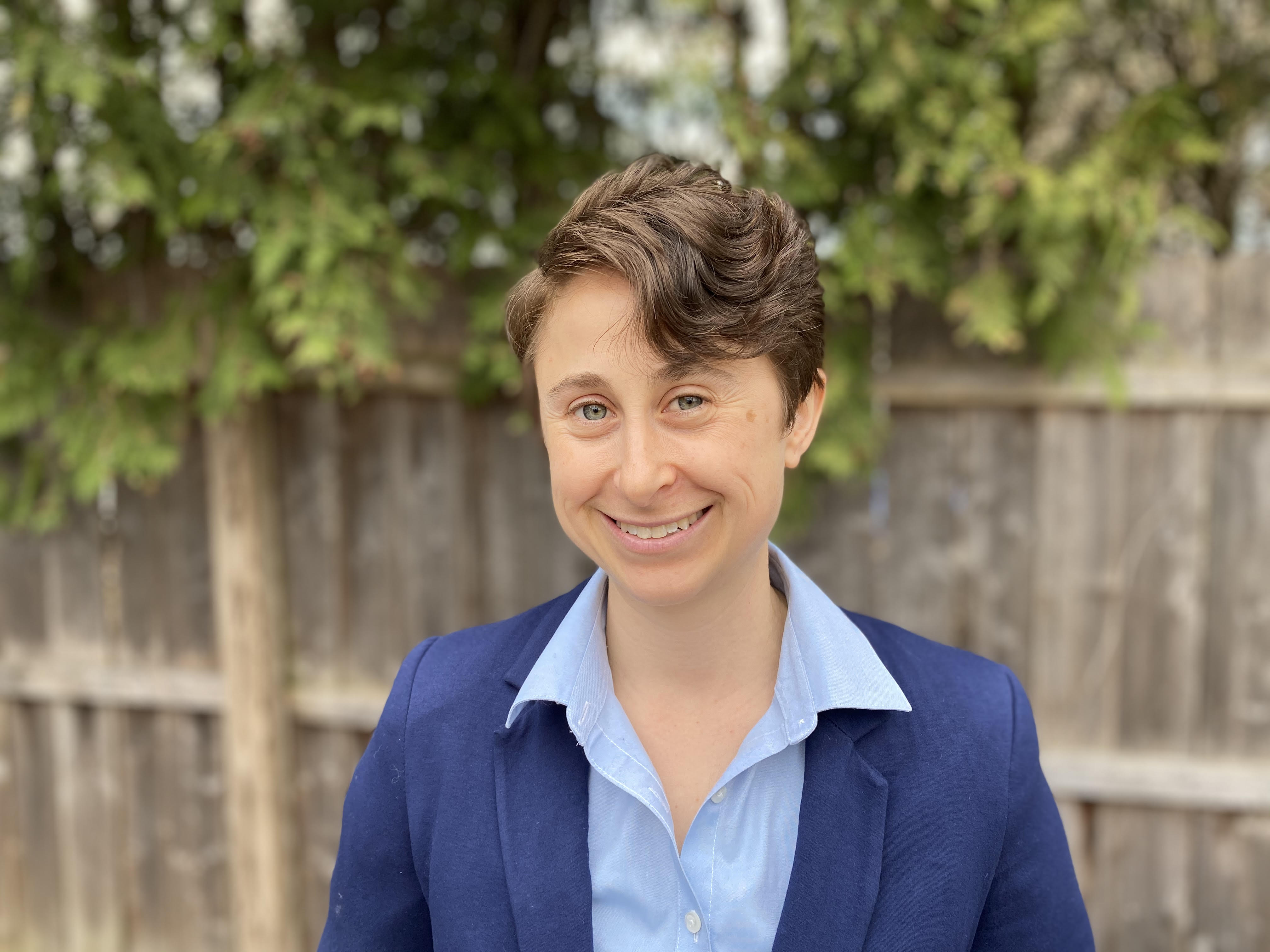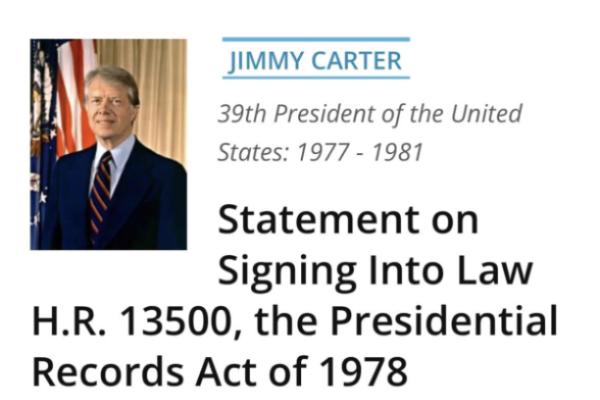
In the summer of 2021, I sent the same request for public records to all 50 US states. I was seeking data on the Work Opportunity Tax Credit (WOTC), a federal business tax credit designed to partially subsidize good jobs for hard-to-employ Americans. The program costs American taxpayers about $2 billion each year and has been extended and expanded every few years since it was introduced more than 40 years ago with bipartisan support. Because WOTC is administered by a confusing combination of state and federal agencies, little is known about the people and businesses it benefits – or whether it helps anyone at all. As a journalist, I was interested in data about the tax credit because I thought it could illuminate the ways workers with criminal records can be both excluded from and exploited by the labor market. The small amount of federal data available regarding the tax credit suggested businesses in a few states were receiving tax credits for hiring ex-felons at particularly high rates. Kentucky was at the very top of this list.
This was my first 50-state records request, and it quickly illuminated how arbitrary public records laws and enforcement can be. In this case, the privacy interests for all states were the same, and yet the responses of each state to the requests varied widely. Some, including Rhode Island, Arizona, North Dakota and Tennessee, provided the requested data promptly. Some states never acknowledged the request at all (a violation of their state laws). And while a few states had clear statutory language exempting the records I sought from disclosure, many others including Kentucky sought to withhold the records despite lacking a legal basis for doing so.
Because Kentucky was important to my story, I wanted to appeal the Workforce Development Cabinet’s denial. At first, I was hesitant to proceed. An editor had once told me never to appeal a records request unless I could afford a lawyer, which I could not. A poorly argued case, he said, could result in bad case law that would hinder transparency in the state forever. Luckily for me, the Kentucky Open Government Coalition was there to encourage and assist me as I appealed the denial to the state Attorney General. Although it couldn’t represent me, the Coalition’s support and expertise allowed me to appeal the cabinet’s decision successfully. In December, I received a favorable decision from the Kentucky Attorney General which the Cabinet allowed to stand.
The process wasn’t easy. Nearly five months elapsed between my request for records and their arrival in my inbox. I spent days researching and writing legal arguments. Most local reporters and outlets simply can’t dedicate this much time and money toward a process which may well leave them empty-handed. But I am happy to say that in this case, in this state, the process worked. With Kentucky and other states’ data in hand, I will soon publish reporting exposing the costly unintended consequences of a well-intended bipartisan federal program.
Bio
Emily Corwin was a Nieman-Abrams Journalism Fellow at Harvard University from 2021-2022. Before that, she was a staff reporter for Vermont Public Radio and New Hampshire Public Radio. Her podcasts and investigative reporting have won numerous awards.



